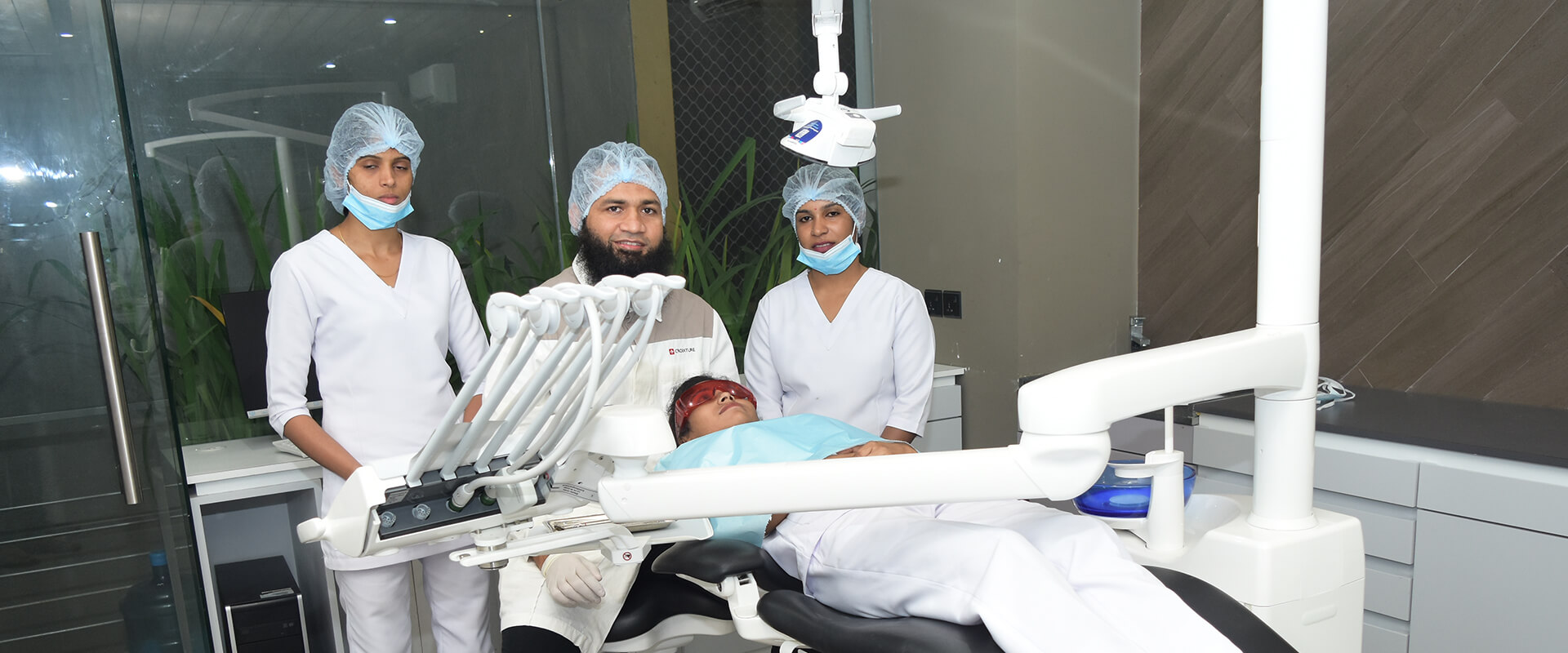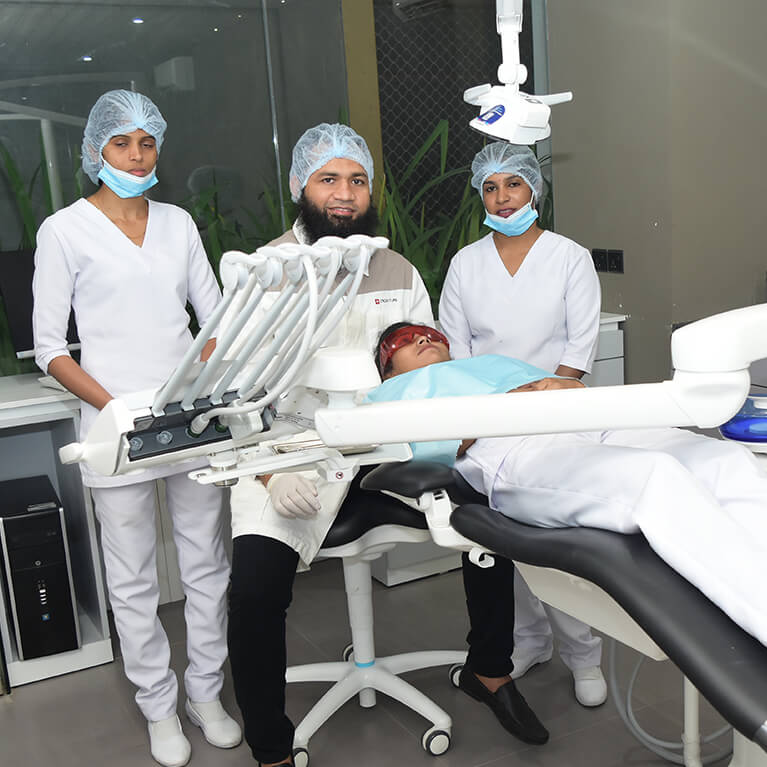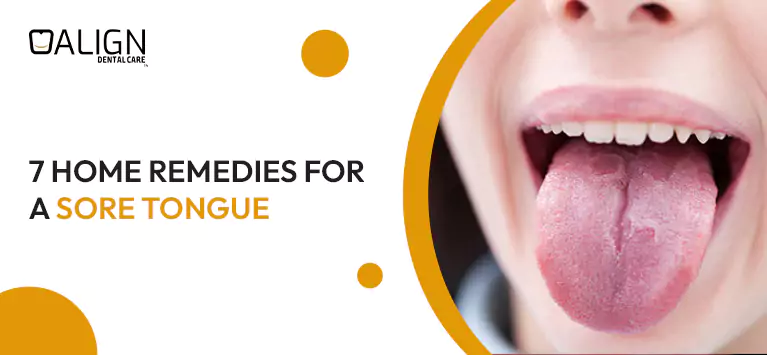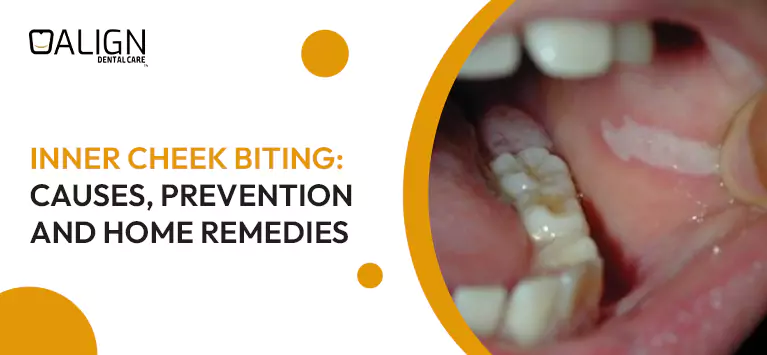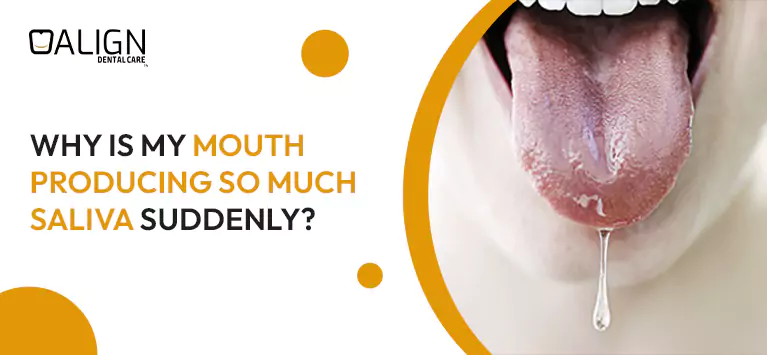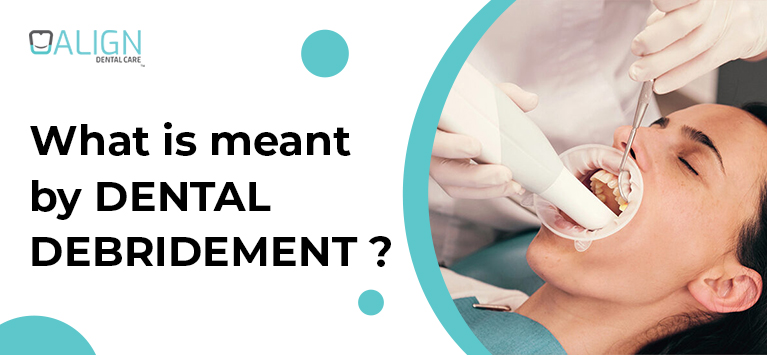
What is meant by dental debridement?
Dental debridement, also known as Full Mouth Debridement (FMD) or Periodontal debridement is a kind of teeth cleaning procedure. It tends to remove extensive deposits of plaque from the teeth. It is required at times when a person has dense calcified deposits that cannot be removed with routine dental cleanings. FMD cleanings are more aggressive than routine dental cleanings, yet they are the right fit to remove years of bacteria build-up.
If you maintain an inefficient oral hygiene practice and ignore periodic dental cleanings, you may get hard mineralized deposits on teeth and even underneath the gums. Such bacteria build-ups (dental calculus) can occur even in people who take good care of their teeth and gums.
Keep reading to know more about this teeth cleaning procedure.
How does the gross debridement cleaning differ from regular dental cleanings?
Regular teeth cleaning, also known as Oral Prophylaxis is performed to clean the hard, sticky deposits (plaque, tartar, calculus) from the back, front, and sides of the teeth. Perhaps, if a dentist discovers bacterial accumulations in the gaps (or pockets) between a tooth and the gums that surround it, a deep cleaning is required. It is called Root planing.
Like Prophylaxis, this cleaning method uses scalar devices to scrape away plaque buildup, but it is followed by smoothing the tooth’s root surfaces.
When a person has hardened deposits on the teeth surfaces and below the gum line, even dentists are unable to analyze the teeth and find it difficult to detect the presence of infectious illnesses. In those circumstances, an electrical tool is necessary to loosen such dense accumulations prior to do cleanings. This cleaning method is known as debridement.
How are debridement cleanings performed?
The debridement cleaning method is comparable to oral prophylaxis but takes somewhat longer. Mostly, the debridement cleanings require some preparatory activities. For instance, patients with certain bodily disorders are prone to infection hence that they are suggested to get a pre-appointment antibiotic.
Like other oral procedures, it also begins with numbing the areas of a patient’s mouth using anesthetic agents like Novocain injections.
Next, the dentists equip an ultrasonic scalar to loosen the calculus deposits. In general, ultrasonic devices work mechanically using high vibrational energy to blast the hardened deposits over teeth whereas they create shock waves to disrupt the biofilms (plaque). Later, a small jet of water or antibacterial mouthwash is emitted from the ultrasonic scalar to flush away the loosened particles.
Now, the dental doctors scrape away the leftovers using a handheld scalar. If necessary, additional treatments are performed after the cleaning.
What to expect after the debridement cleaning?
You might feel some tenderness in your gums after the cleaning. The degree of soreness varies for each people. These discomforts, however, are typical and will remain until the cleansed areas heal fully.
The gingival debridement does not require a longer healing period in most cases. However, the healing period will be elongated in the case of additional treatments are carried out.
Even while minor discomforts during debridement cleanings are typical, it is pivotal to see your dentist if the pain, tenderness, or soreness worsens.
Bottom line
You have numerous options to clean your teeth professionally. Routine or regular dental cleanings are helpful if you have hard, sticky build-ups alone on teeth. If a person shows early signs of gum diseases, you should teeth Root Planing and periodontal maintenance cleaning. On the other hand, debridement cleaning is necessary at times when a person has excessively calcified deposits over the teeth surfaces.
Despite seeming aggressive, this deep cleaning therapy is similar to typical cleanings and requires effective oral hygiene habits to be maintained.





